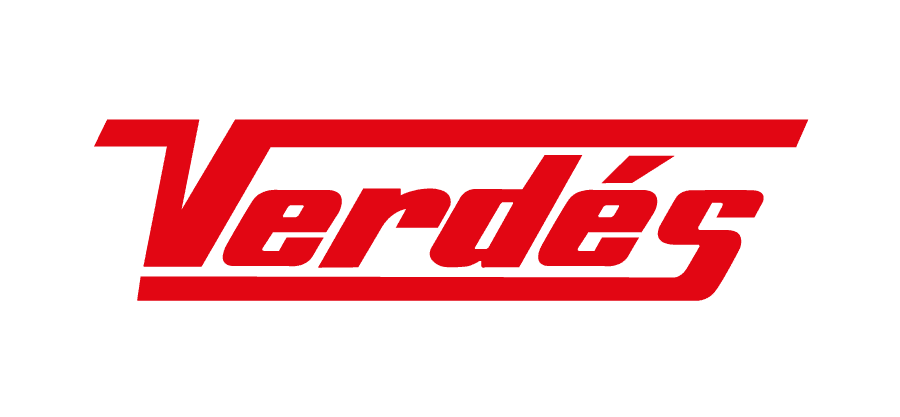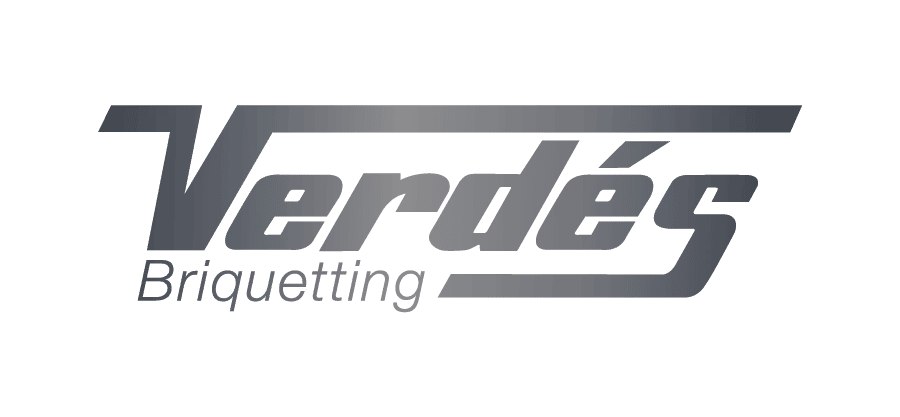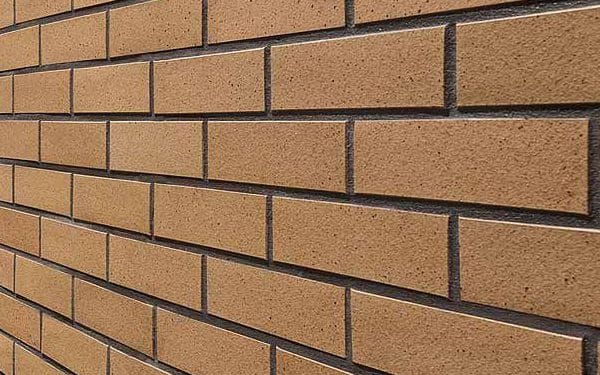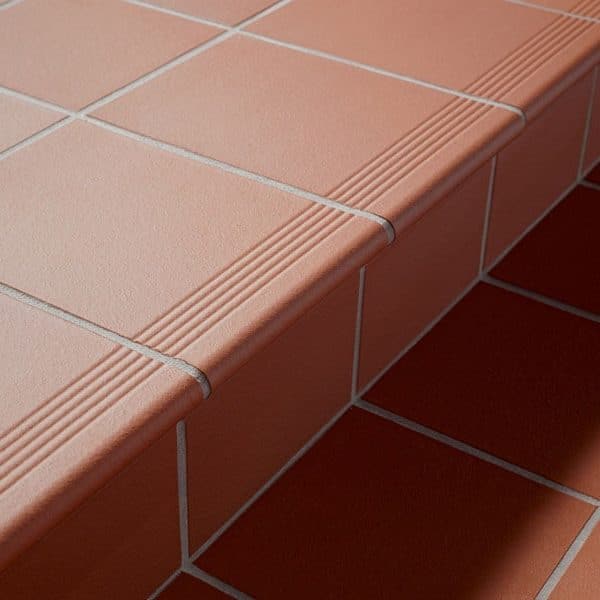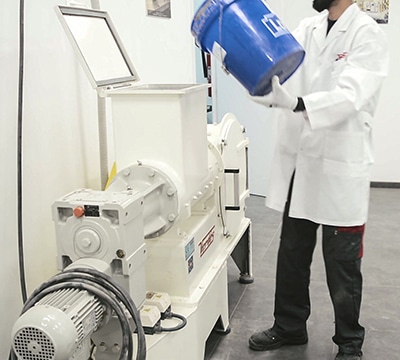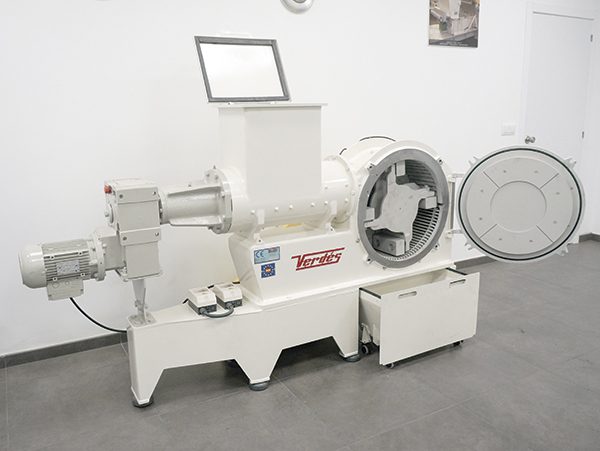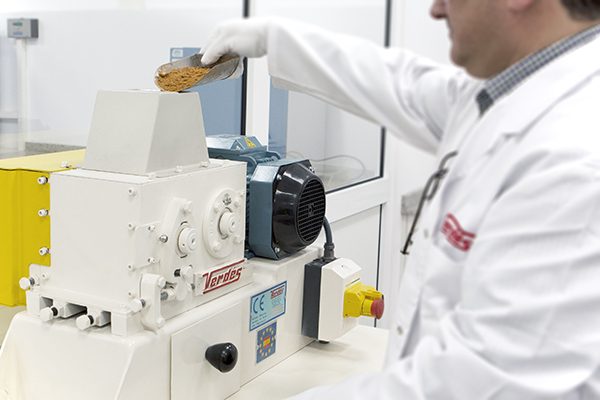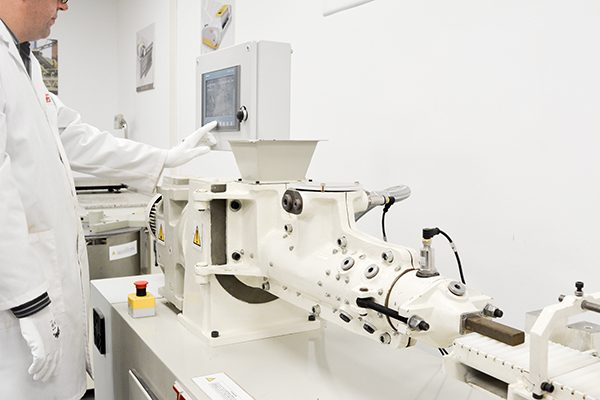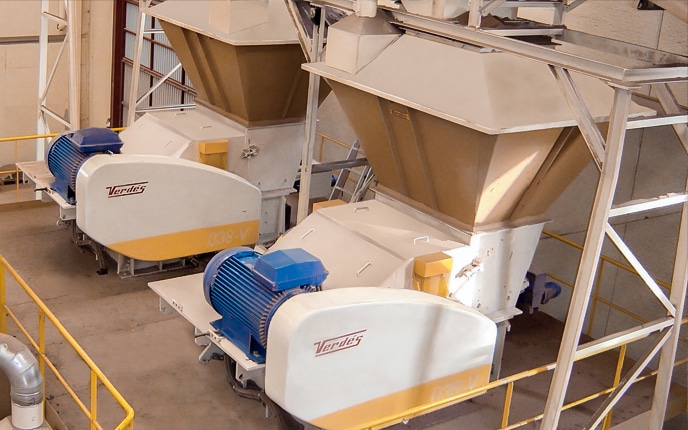
09 Sep Dry clay crushing process with Verdés Hammer Mills
The dry grinding process of clay by Verdés Hammer Mills is generally recommended for products with high added value (clinker, floor and roof tiles…), since it allows for finer granulometries than semi-wet processes, which translates into superior quality of the product’s surface aesthetics and its uses. With regard to the type of clay, the dry process is suitable for those raw materials that naturally have a maximum humidity between 10 and 12%. If the moisture content is higher, a drying stage of the clay would be necessary prior to dry grinding.
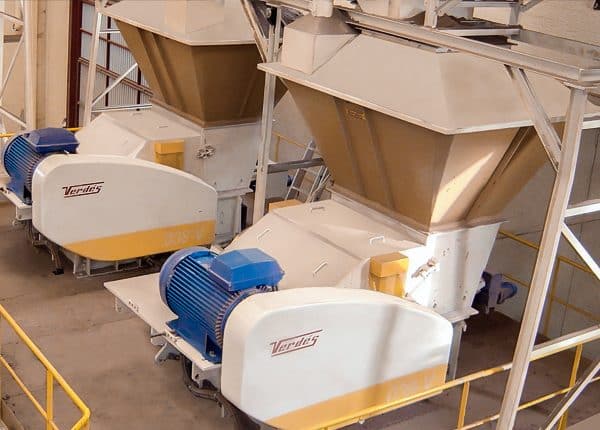
The hammer mill is one of the most commonly used equipments for dry grinding, probably thanks to the low capital investment involved in its installation and the simplicity of its start-up. As a general rule with Verdés equipment, this system is designed to produce a granulometric distribution output of 90% <1 mm, while only 2% of the output product is over 2 mm. The dry ground material is usually stored in closed silos, which take up little space and require less investment cost than wet ground clay storage systems in concrete compartments. The ground material from stock silos can be kneaded with water and extruded without going through sieves and second or third grinding stages.
As a result of all of the above, we obtain a better quality in the final product due to a very fine granulometric output from the hammer mill, using less machinery in the preparation, which entails less initial investment, less energy consumption and less expense for spare parts.
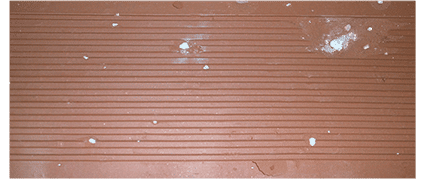
Another advantage of working with the granulometry produced by a hammer mill is that it reduces the effect of limestone inclusions that can cause craters and breakages in finished products after drying and baking. In products such as structural bricks or face bricks, the use of the hammer mill greatly decreases the size of limestone inclusions, so that their presence is barely noticed and the craters that would devalue the final product are avoided.
During the last decade Verdés has successfully introduced the 030 series hammer mills, which have been redesigned as a result of extensive accumulated experience and includes several improvements. The current range of mills comprises a total of five sizes, the largest of them with a rotor width of 1,600 mm capable of reaching production rates of up to 100 t/h.
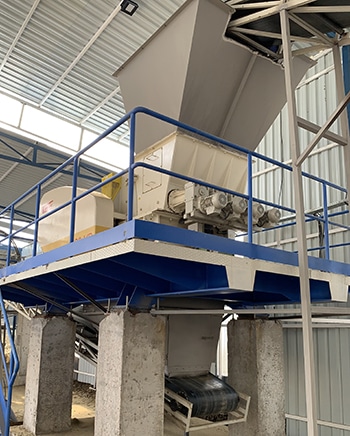
Due to all these advantages, the number of facilities with Verdés hammer mills continues growing internationally. In the last three years, a large number of this equipment has been installed on 5 continents. In Australia, the PGH group has decided to install Verdés hammer mills in the current preparation line for its factory in Melbourne. With these mills they have managed to reduce the amount of preparation machinery, increase production and obtain the granulometry necessary for optimum quality in the final product. In this factory the Verdés 039VB hammer mill is producing around 100t/h with a fine granulometric output. About 99% of the material is below 3mm and more than 85% is below 1mm. With a single grinding machine in preparation, they obtain the granulometry of clay necessary for stiff extrusion.
In Turkey, the Hatipoglu tile factory has also trusted in the Verdés hammer mill. The 038VB installed has allowed the reduction in the amount of grinding equipment in preparation, since with this machine a fine granulometry is obtained with a very high percentage of the material below 1 mm.
In North Africa there are a large number of reference Verdés hammer mills, specifically in Algeria, Morocco and Tunisia. Among them, the Tunisian BBM factory stands out, having opted to add the Verdés hammer mill to its preparation line. BBM has opted for the dry route in the preparation of clays specifically to improve the quality of the final product.
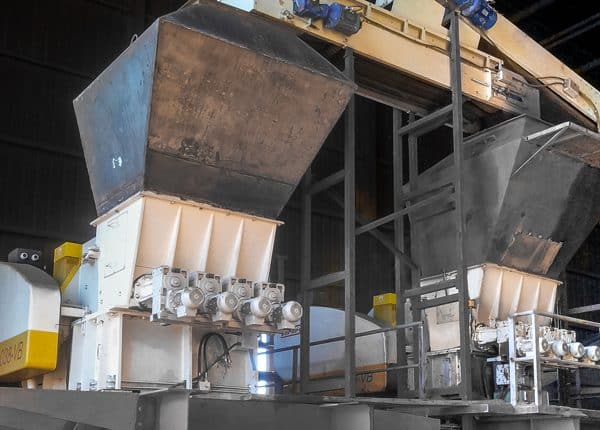
In Arabia, the Verdés hammer mill was also selected in Hadramout (Yemen) for dry preparation. With this machine, the amount of preparation machinery and therefore, energy consumption and spare parts are reduced.
On the other side of the Atlantic, in Peru, the company Ladrillos Fortaleza began testing the Verdés hammer mill at their first facilities and ended up repeating with their second. In the beginning, the 038 V model was installed to simplify the sieving system they used and subsequently, they ended up buying another 038 VB mill, in order to eliminate the many inefficient mills that they initially had. They currently work with the two hammer mills and a sieve that recirculates 9% of material over 1mm. The sieved product is sent directly to the mixer for moistening. As a result, they have obtained significant energy savings and a notable increase in the quality of the final product that has been transformed into a substantial increase in their sales.
These facilities are only a small sample of the most recent. At Verdés, we have a long history in dry preparation using hammer mills, with over 100 active references on five continents.
In the majority of the cases mentioned, grinding tests were carried out in the laboratory with our clients’ clays. At Verdés we have spacious and modern laboratory facilities equipped with process machinery, including a hammer mill and measuring devices. This is a service that Verdés provides to its customers in order to select the most suitable grinding and extrusion processes, whilst ensuring performance and the quality of the final product that the client will produce.
